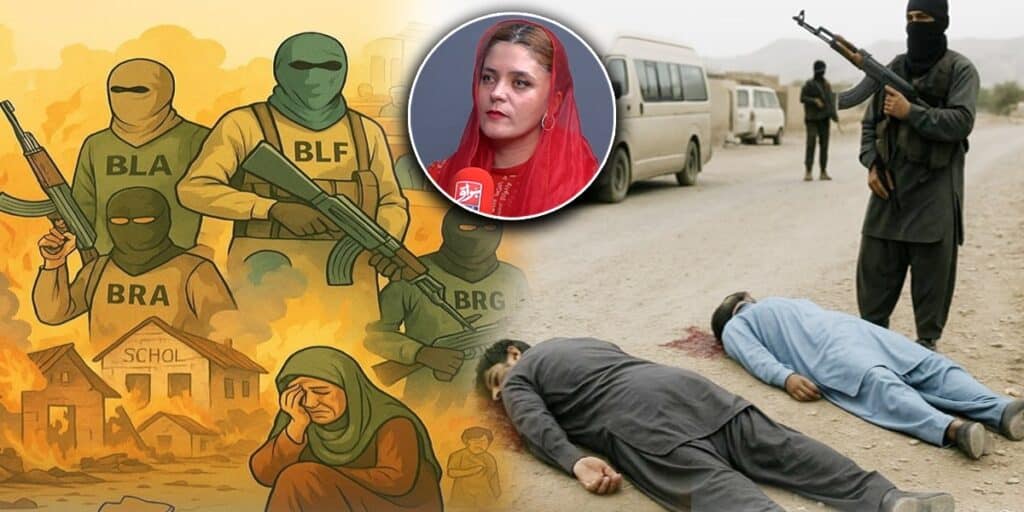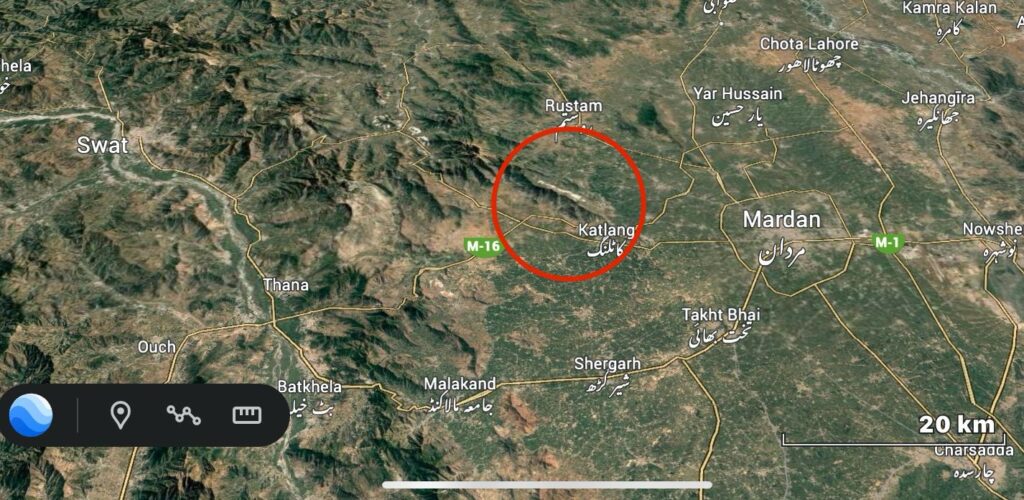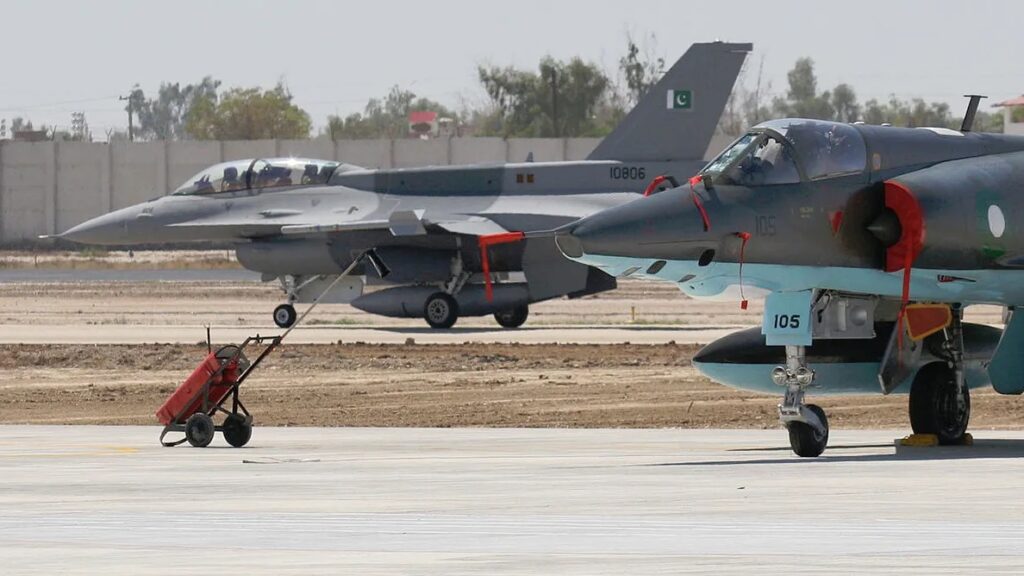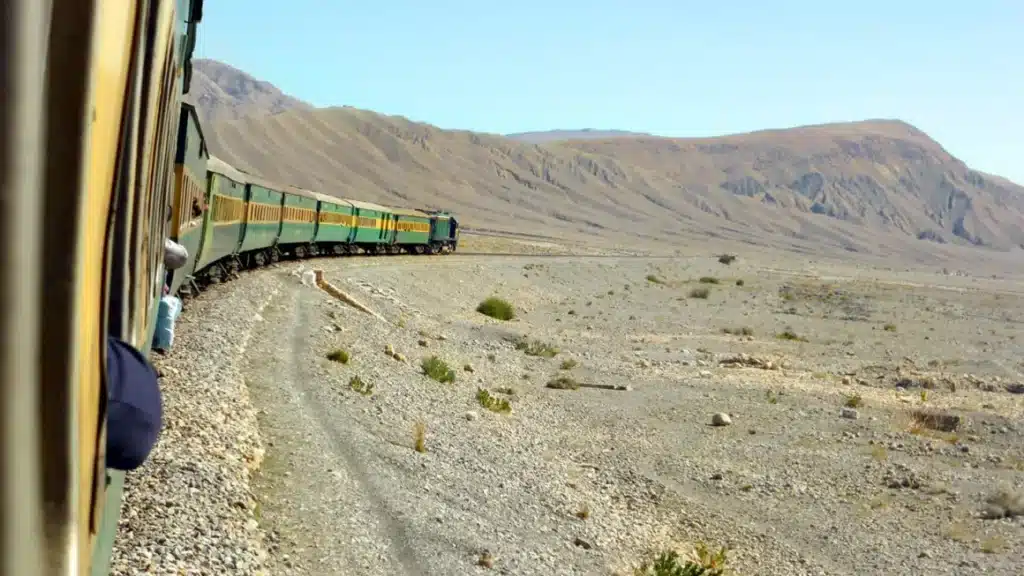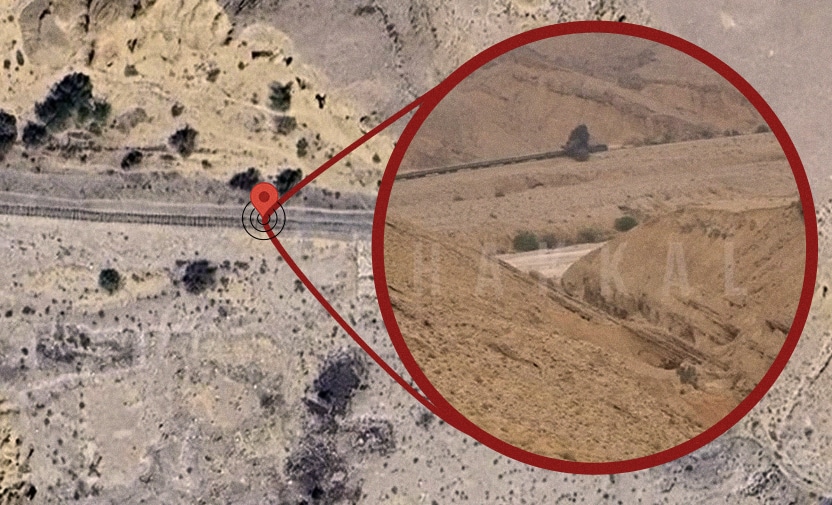By: Tania Bazai
In the wake of yet another heartbreaking tragedy—where innocent passengers were pulled off buses, identified through their national ID cards, and executed solely for being Punjabi—it’s time we confront some bitter truths. As a Baloch woman who has lived and thrived in Islamabad for over seven years, I feel compelled to speak, not as a mouthpiece of any state, but as a witness to lived reality.
Let me say it plainly: No other ethnic group in Pakistan has been repeatedly targeted and killed based on their identity the way Punjabis have. We’ve seen many forms of violence in this country—bombings, shootings, and sabotage—but to systematically pull civilians off buses, segregate them by ethnicity, and kill them just for being Punjabi? That is not militancy. That is terrorism. That is ethnic cleansing.
And yet, Punjab endures.
It is the only region in Pakistan that continues to absorb our hatred and intolerance with resilience and quiet dignity. Punjabis are vilified, demonized, and even murdered in the name of twisted notions of ethnic nationalism—yet they have never retaliated with the same venom. They do not demand our expulsion from their cities. They do not marginalize us from their institutions. In fact, it is Punjabis who have welcomed Baloch and Pashtun youth into their universities, offered them employment, and stood by them in times of crisis.
I speak from experience. During my years in Islamabad, I have not once been subjected to ethnic discrimination. On the contrary, I have found nothing but support, mentorship, and generosity from Punjabis and Urdu-speaking communities alike. My professional success is owed, in large part, to the trust and guidance I received from them. Can the same be said about how Baloch treat outsiders in our province?
We must be honest with ourselves. Why is it that in Islamabad, the delivery riders, the hotel staff, the laborers—those working hard day and night—are mostly Punjabis? And why is it that in Balochistan, many from our communities look down upon such work? We’ve been indoctrinated to believe that we’re the “owners” of Saindak and Reko Diq, that we are entitled to wealth without labor. That our destiny is not to build but to destroy; not to serve but to command.
This toxic narrative has turned many of our youth into pawns of hybrid warfare—fed by Indian handlers, fueled by Israeli propaganda, and amplified by social media bots. These “missing persons” campaigns, these glamorous portrayals of resistance, are part of a well-funded agenda to malign the state. I’ve challenged these accounts with evidence, yet when confronted with facts, they block us instead of engaging. Because their war is not of truth—it is of perception, and their goal is chaos.
Let’s be clear: these so-called “freedom fighters” are nothing but cowards. If they had any courage, they would declare open war against the Pakistani military instead of ambushing unarmed civilians and laborers. This is not resistance. It is guerrilla terrorism.
And who pays the price? A Punjabi mother who buries not one, but two sons, and still receives them with garlands, not hatred. I salute such mothers. I salute the civilizational strength of Punjab. Were it not for them, this country would be no different from a failed state like Afghanistan. Whatever progress Balochistan has seen is because we’ve had the fortune of being around an educated and developed culture. If I am educated today, I owe that to the environment created by those I was taught to hate.
We must stop using Punjab as the scapegoat for our own failures. My own community must wake up to the damage we are inflicting upon ourselves. We do not civilize ourselves. We do not work on self-improvement. We simply throw stones at those who have moved ahead of us.
We cannot claim to be victims while refusing to take responsibility.
We must ask: why is it that six million women live peacefully across Balochistan without ever facing a “state operation”? And why is it only a handful of women associated with anti-state propaganda—backed by foreign agendas—who make it to social media? Because the real face of Balochistan is not chaos. It is dignity. It is resilience. It is potential.
The tragedy is that a few agents of disorder have hijacked the narrative. And with Indian and Israeli support, they’ve painted an image of Balochistan to the world that is false, harmful, and unfair to the millions who live honorably and peacefully.
I hope one day, we can match the civility of Punjabis. I pray we evolve beyond our bitterness. I long for the day when Baloch youth engage in intellectual debate, not online propaganda.

